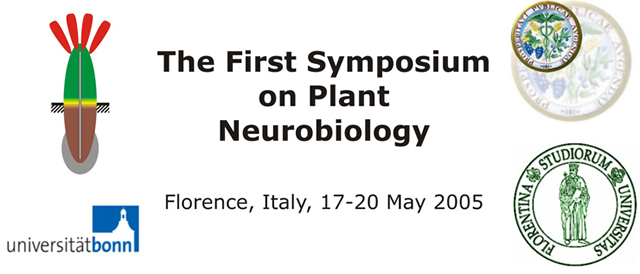|
A widely studied system is the wound induction of proteinase inhibitors (PIs), and
other proteins, that are produced locally by the wounded organ, and systemically in organs distant from the
wound site. PIs are inhibitors of a variety of proteases, including those from pathogens and herbivorous
insects, and are important components of plant resistance to herbivores. There are several possibilities for
the signal(s) that link a local wound to the systemic responses, including various chemical elicitors, a
pressure wave caused by release of tension in the xylem, and an electrical signal that could be propagated in
the phloem. In tomato seedlings, following a severe wound, evidence favours the hydraulic dispersal of
chemical elicitors by reversal of flow in the xylem, a mechanism proposed by Malone and co-workers, whereas
minor wounds seem to be associated with the transport of chemical elicitors in the phloem. These various
possibilities for signals and signalling pathways will be discussed. |

